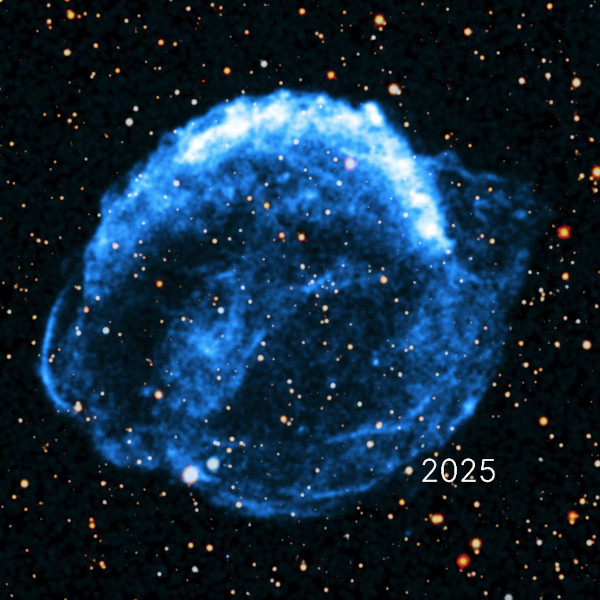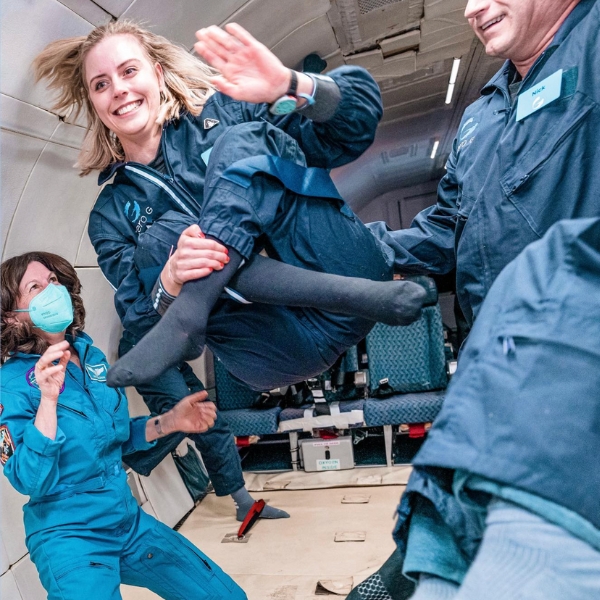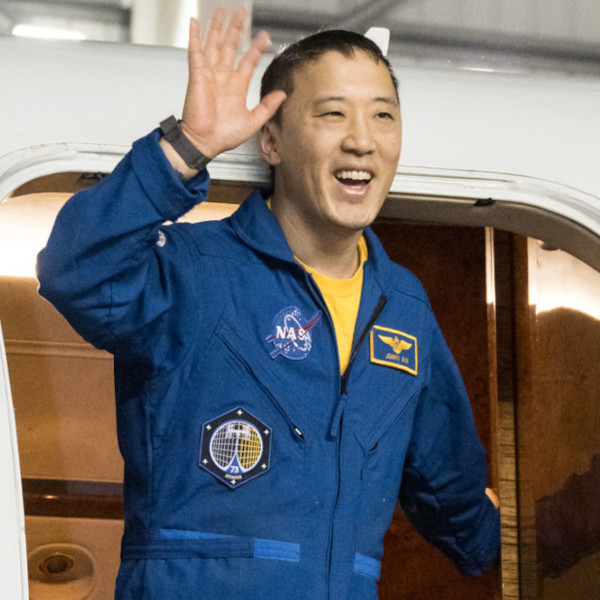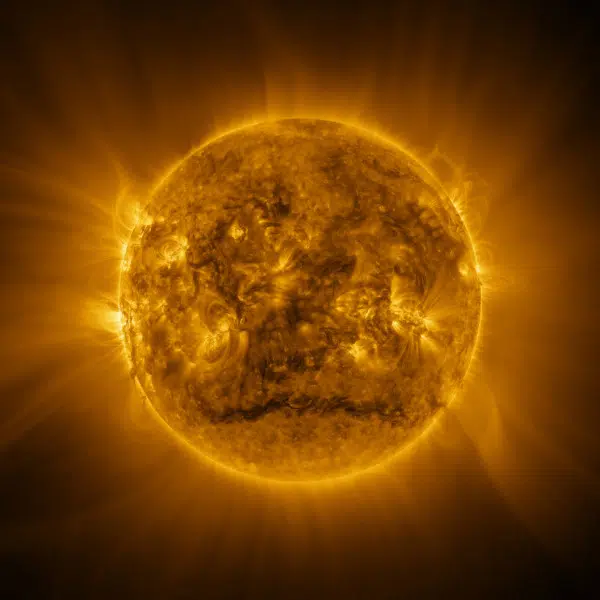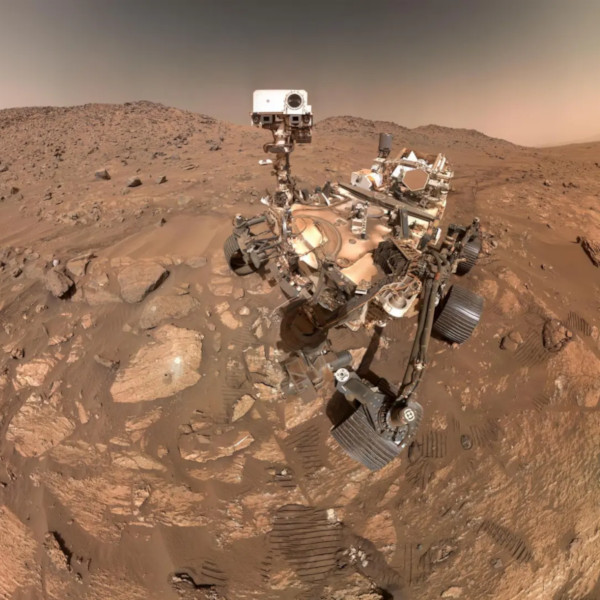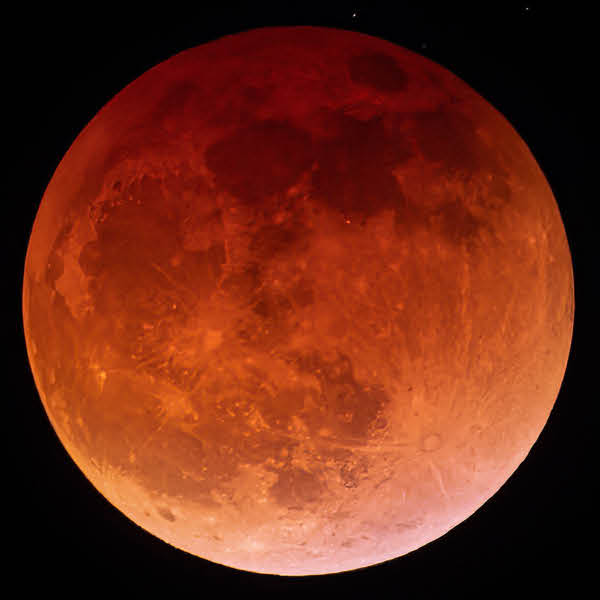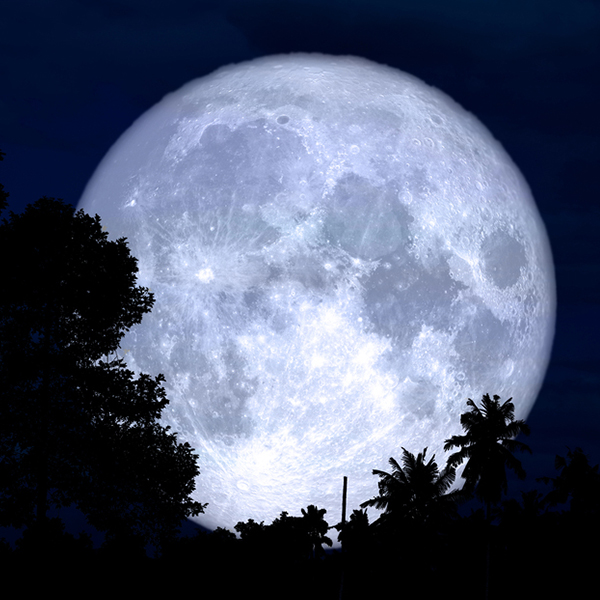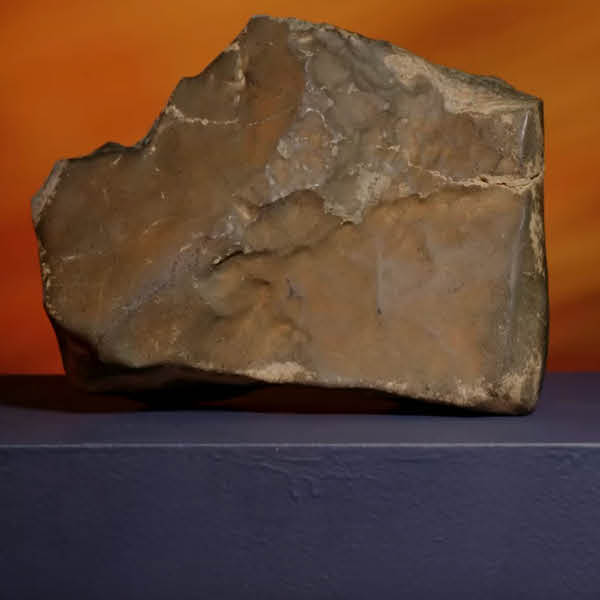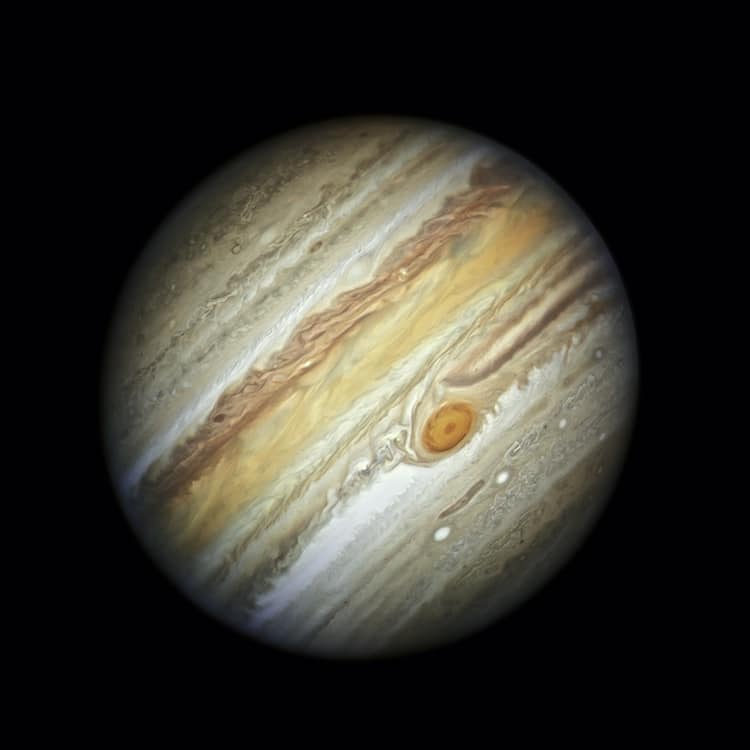
Jupiter as photographed by Hubble, with its Great Red Spot (actually a storm). (Photo: NASA, ESA, A. Simon (Goddard Space Flight Center), and M.H. Wong (University of California, Berkeley))
Jupiter is the fifth planet from our Sun. The gas giant is known for its Great Red Spot (actually a storm) and its massive size—twice as big as all the other Solar System planets combined. On September 26, 2022, the planet—moving along its orbit—arrived at its closest position to Earth in 59 years. Tuesday and Wednesday, September 27 and 28 respectively, this close approach will still be visible, with the planet appearing larger and brighter in the night sky than normal.
Jupiter arrived in opposition on September 26, 2022. This occurs every thirteen months. Opposition is when Jupiter—on the opposite side of the Earth from the Sun—perfectly aligns with both in a straight line. As the Sun set, the planet rose in the east. Big and bright, it is visible to the naked eye. Under these conditions, its moons are also visible with binoculars. This enhanced visibility will continue to impress until Wednesday.
Another factor behind this phenomenon is the incredibly short distance between Earth and Jupiter. Both move separately on elliptical orbits, and each alignment of the planets takes place at a different distance apart. The two planets are now 367 million miles apart—quite a small distance compared to the maximum of 600 million miles.
“Jupiter is so bright and brilliant that a really nice thing about it is even in a city, in the middle of a bright city, you can see it,” Alphonse Sterling, a NASA astrophysicist, remarked. “So I would say that it's a good thing to take advantage of and to look at no matter where you're at.”
If you're setting out tonight to take a peek at Jupiter, be sure to also note the incredibly slim crescent moon which will pop above the horizon after sunset. On Friday, September 30, the crescent moon and star Antares will form a brilliant pair. For more info on what to see when, check out this guide to the appearance of the planets and stars.
The gas giant Jupiter is closer to Earth along its orbit than it has been in decades.
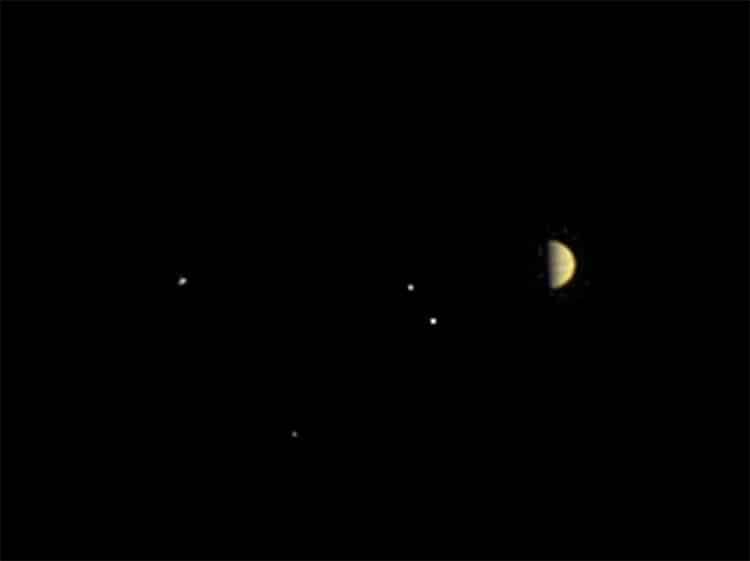
NASA's Juno spacecraft took this image in 2016 while 6.8 million miles from Jupiter. Moons Io, Europa, Ganymede, and Callisto are also visible.(Photo: NASA/JPL-Caltech/SwRI/MSSS)
h/t: [NPR]
Related Articles:
Watch This Video to Take a Warp Speed Flight From Earth to the Cartwheel Galaxy
JWST Captures Square-Shaped Ripple Rings Around a Star, Perplexing Astronomers
Scientists Develop Motor To Make Oxygen on Mars To Support Astronaut Life
Astronomers Discover an Ocean-Covered “Super-Earth” Exoplanet












































































